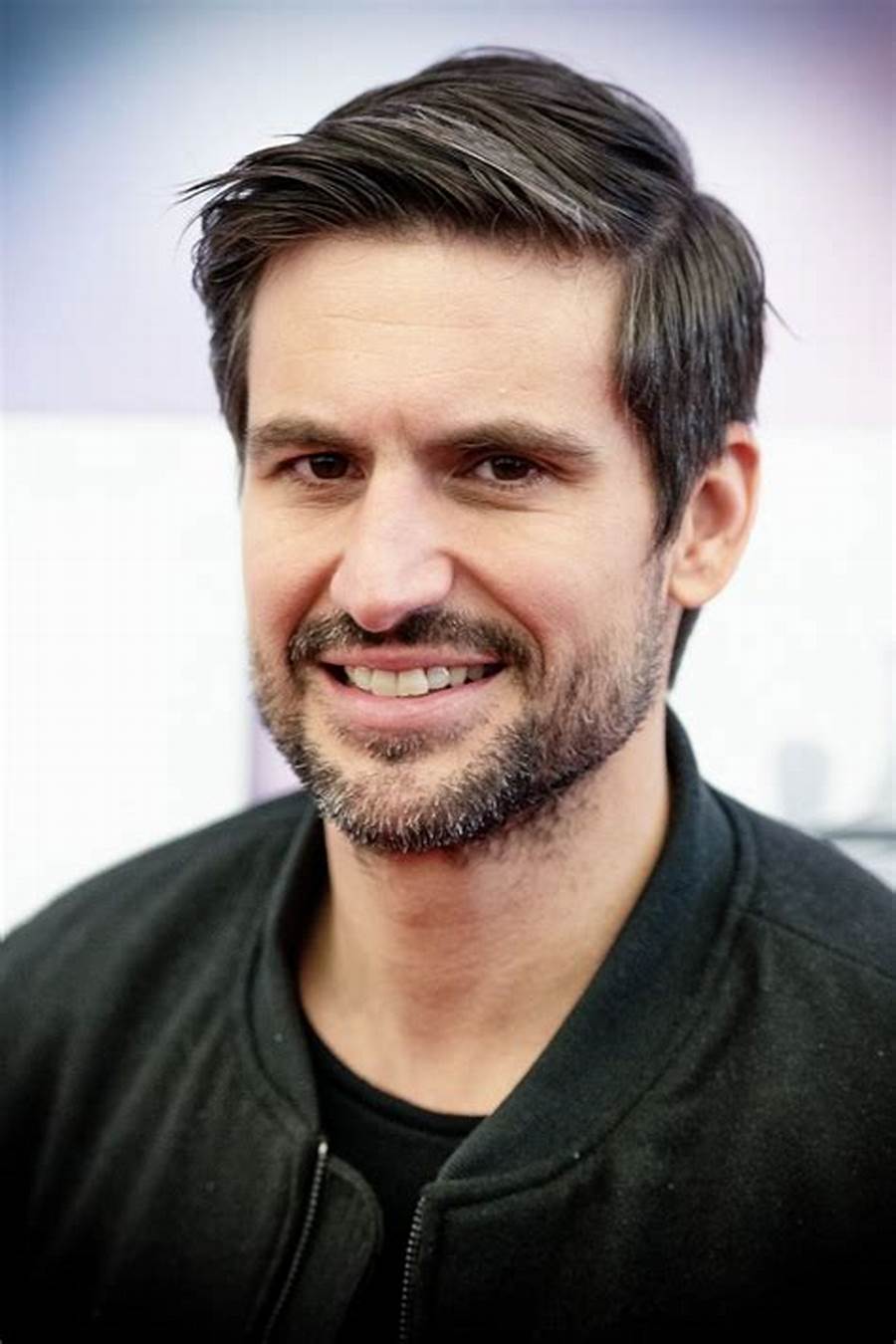On Sunday evening, Turkish state media declared Erdogan the winner of the election, and in doing so he began his third decade as the country’s leader. It became clear around 19:30 Norwegian time.
After 98.2 votes were counted, figures showed that Erdogan had received 52.1 votes, while his rival Kemal Kilicdaroglu had received 47.9 percent of the votes.
Overnight, both candidates hovered around the 50 percent mark, and it wasn’t until nearly 90 percent of the votes were tallied that Erdogan started to back down.
On Sunday evening at 21.30, the Election Commission confirmed that Erdogan won the election.
– People are scared
– will be surprised
It was not the official Turkish Electoral Council that published the numbers during the tally – but Erdogan’s supporters. Whether the measurements published along the way are actually correct is therefore not verifiable.
– It will be very surprising if Erdogan does not win this round of elections. I guess I didn’t find the election rounds that exciting.
That’s what Einar Wigen, professor of Turkish studies at the University of Oslo says.
He described election night itself as well suited for dissemination through the media, and believed it was clear that the president’s supporters were very empowered to stick to the results, and how they were disseminated.
– It’s hard to judge how real the results are along the way. But it’s pretty clear that they have a political function on election night, he said.

– A special relationship
The fact that it is the party organization that relays the election results to the media means there is problematic bias in the entire process, believes the professor, adding that the state news agency bases itself on figures from the ruling party, the AKP, so that the president and his supporters can dominate how the results turn out. served
– If opposition observers cannot do their job of controlling the count, then there is always the risk of cheating in the president’s favor. There is something problematic about how the ruling party and its media supporters have control over the counting process and the dissemination of the results.
– We must consider it as part of the game, he added.
Outside the AKP party headquarters in Istanbul, celebrations had already started on Sunday afternoon. Some waved Turkish flags and chanted Allahu Akbar, which means God is great.

The Timeless Power of Propaganda
Polarization and headlines
When asked how reliable the final results are, Wigen replied that it is difficult to judge how real they are.
– The fact that the ruling party and the president’s supporters so adamantly control the spread of the numbers is interesting in itself. This is a show of strength. One can draw a number of conclusions from that, but it’s not certain that all of them are correct, he said and added:
– Maybe it’s just to show that “we have the power”, or that they don’t believe that they will actually win.
Erdogan is a president who has a relatively small political program, Wigen reminded. Therefore, it is unlikely that there will be any major changes for the country in the future in terms of the political landscape.
– He has weathered from one crisis to the next, and success has been largely about finding cases that made his name in the headlines and ones that polarized – rather than finding a solution to a problem. It works very well, but has a bit of political content.

Erdogan mocked: – Liar
– Power conquers all
The result is that the president has little political principles in his program, but he has the most important thing: Power.
– It seems that to some extent the electorate is worried that Türkiye seems strong. They love that everyone has to talk about Erdogan and Turkey all the time, because that means they are big and important. It seems to beat everything, says Wigen.
When asked what we can expect from future presidents, the professor replied that we must not ignore the fact that the tensions that exist before elections are more of an election campaign tool.
– Elections are the goal, and the many petty squabbles and lines of conflict they lead to at the front need no longer be given importance.

Arousing attention – again
Erdogan has been president since 2014, and prime minister since 2003. His powers are considered authoritarian, and he has passed laws giving him expanded powers.
Kilicdaroglu, from the CHP party, promised more democracy and other reforms.
In the first round, Erdogan received 49.4 percent of the vote, while challenger Kilicdaroglu received 44.9. Since no one received more than half, the election went to a new round.

“Hardcore zombie fan. Incurable internet advocate. Subtly charming problem solver. Freelance twitter ninja.”






